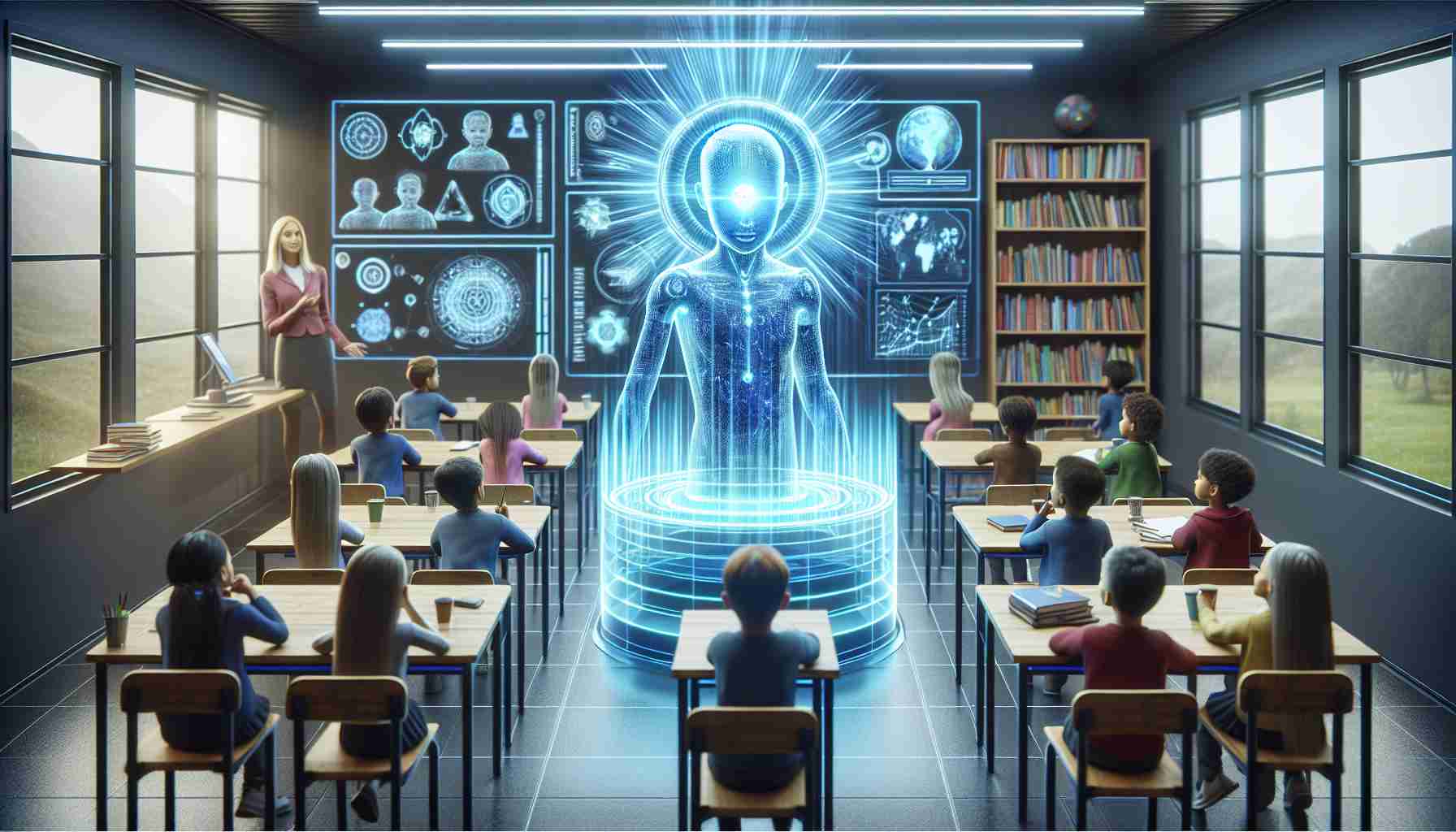The integration of artificial intelligence (AI) into various sectors has sparked a widespread debate about whether it will eventually replace human roles—a prominent concern in the field of education. The question arises: Could AI truly replace teachers?
The role of AI in education has been expanding, with applications ranging from personalized learning platforms to intelligent tutoring systems. These tools leverage AI algorithms to adapt lessons to the unique needs and pace of each student, offering a tailor-made educational experience. For example, platforms like Khan Academy and Duolingo use AI to assess a student’s level and adjust the difficulty of problems accordingly, providing instant feedback and keeping students engaged.
Despite these advancements, the premise that AI could entirely replace teachers is largely unsubstantiated. AI can undoubtedly augment the learning experience by automating administrative tasks and providing additional resources; however, there are critical facets of teaching that AI cannot replicate. The role of a teacher extends beyond the delivery of content—it includes mentoring, providing emotional support, fostering critical thinking, and inspiring students. These are inherently human attributes that are difficult to emulate with technology.
Moreover, education is as much about social interaction as it is about academics. Classroom dynamics, peer interaction, and the nurturing environment provided by educators contribute significantly to the holistic development of students. AI, while a powerful tool, lacks the empathy and social intuition that are crucial in teaching.
In conclusion, while AI will continue to transform the educational landscape, it is unlikely that it will render teachers obsolete. Instead, AI will serve as a complementary resource, enabling teachers to focus more on the aspects of education that require a human touch.
Will AI Revolutionize Education by Turning the Classroom of the Future into a Virtual Reality?
The role of artificial intelligence (AI) in education is evolving beyond adaptation and personalization, bringing possibilities that could reshape how knowledge is imparted and absorbed. As AI integrates deeper into educational ecosystems, its ripple effects on communities and nations could be profound.
While AI cannot replace the nuanced roles of educators, it holds transformative potential by enhancing accessibility and inclusivity. In many regions worldwide, educational resources are scarce, and qualified teachers are in short supply. AI-driven digital platforms could fill these gaps by offering consistent, quality education regardless of geographical constraints. However, this raises important questions about digital equity: Will students from underprivileged backgrounds have equal access to these AI tools?
An interesting fact is the emerging role of AI in language preservation. Languages on the brink of extinction could see revitalization efforts through AI-driven learning modules, sparking cultural restoration and enriching global diversity.
Controversy looms over data privacy and the ethical use of student data within AI systems. As classrooms become interconnected, the threat of data breaches and the commercialization of student information stand as critical challenges. How do we balance technological advancement with privacy concerns?
Furthermore, AI’s influence is prompting educators to rethink teaching methodologies, emphasizing problem-solving and creativity over rote knowledge. This shift supports the development of an agile workforce, but also demands robust teacher training to integrate AI effectively.
For more about the future of AI in education, visit Edutopia, Khan Academy, and Ted.
In contemplating AI’s expanding role, it’s essential to ask ourselves: Will educational institutions be able to harness AI’s capabilities without compromising the invaluable human elements of teaching?

















